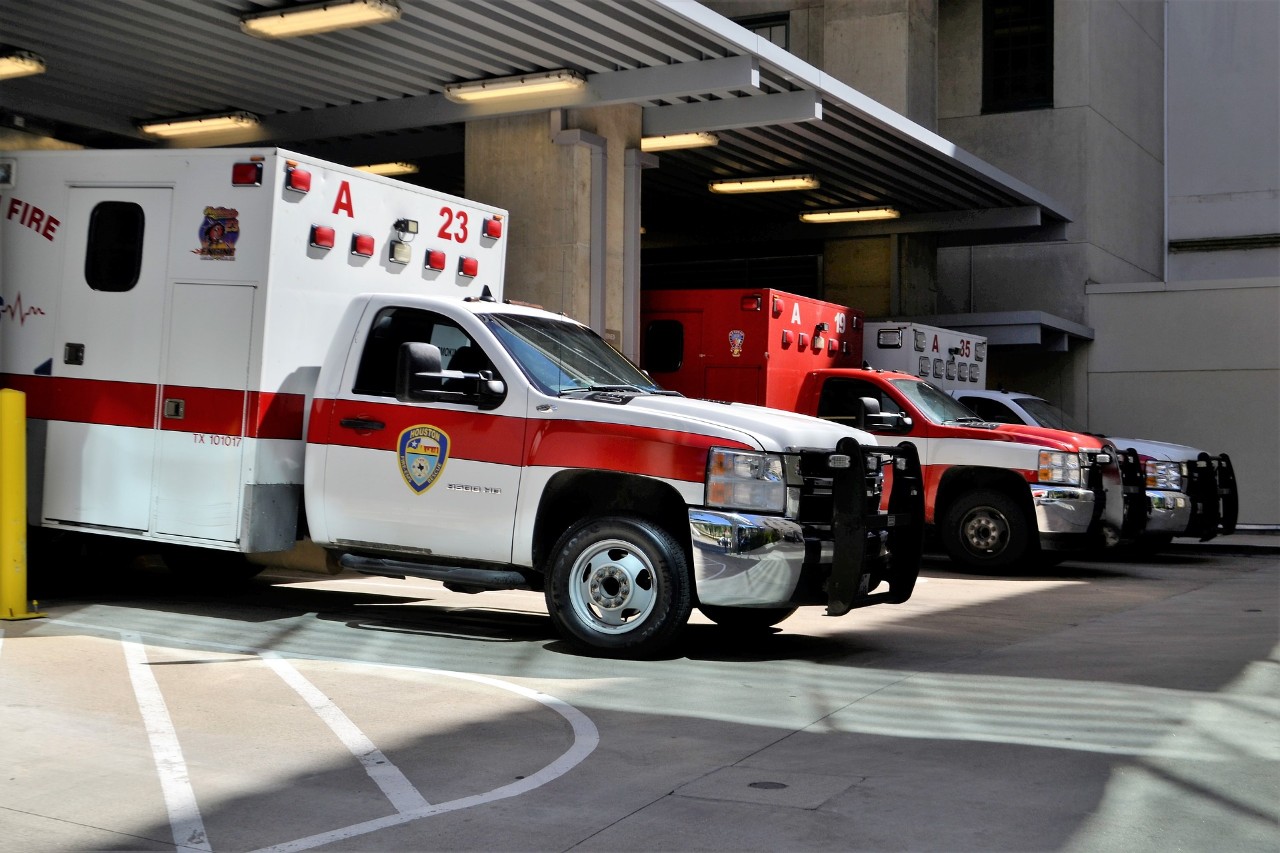
UC hosts seminar on community paramedicine
Ohio has the second-highest rate of deaths by overdose in the country, according a recent report by the Centers for Disease Control and Prevention.
The University of Cincinnati on Wednesday hosted a community paramedicine seminar to address the region’s opioid crisis and other challenges facing the field.
The seminar at Cincinnati’s Center for Addiction Treatment was part of a community paramedicine course offered by UC’s fire science and emergency management program. Attendees included UC students and professors, as well as fire chiefs, fire lieutenants, paramedics and other first responders in the Tri-State area.
With its focus on local partnerships and local problems, the seminar reflected the urban impact platform of UC’s strategic direction, Next Lives Here.
Paramedicine faces challenges like substance abuse, heart failure, falls, chronic disease and mental health-related problems. Paramedicine professionals must find creative solutions to address these diverse challenges.
“Community paramedicine is a very broad topic and each community needs to identify what it is they need,” said UC fire science professor Lawrence Bennett, who organized the seminar.
Our goal is that every student that leaves UC knows how to address the opioid crisis.
Neil MacKinnon, Dean, College of Pharmacy
Speakers included Cincinnati Councilwoman Amy Murray, Cincinnati Fire Chief Roy Winston, addiction treatment professionals and UC professors. UC College of Pharmacy Dean and Professor Neil MacKinnon gave the seminar’s keynote speech.
“Our goal is that every student that leaves UC knows how to address the opioid crisis,” said MacKinnon.
Speakers offered many solutions, like improving relationships with hospitals, collecting and analyzing data and increasing education and advocacy programs. By being proactive and directing people to the right resources, professionals can begin solving some of the most pressing issues facing paramedicine.
The seminar also gave paramedicine leaders a chance to discuss solutions across disciplines. With these solutions applied to communities, health care costs can decrease and, most importantly, so can injuries and deaths.
“We can’t change the beginning [of the opioid crisis], but I think all of us in the room can work together to change the ending,” said MacKinnon.
Featured image at top: Emergency response teams are adapting how they address the opioid crisis. Photo/ArtisticOperations/Pixabay
Changing Outcomes, Saving Lives
Being the only academic healthcare university in the region is a big responsiblity. See how UC is solving urban issues related to health and well being through the university's strategic direction, Next Lives Here.
Related Stories
OTR mural centerpiece of 'big' celebration of UC alumni
April 26, 2024
New downtown artwork salutes 18 alumni award recipients who personify UC’s alumni success.
UC education allowed couple to make mark on Cincinnati
April 24, 2024
As a native of Defiance, Ohio, John Deatrick, CEAS ’79, says arriving in Cincinnati to attend the University of Cincinnati in 1963 felt like landing in New York City.
Engineering student studying flight physics of birds
April 24, 2024
After earning a bachelor's degree in mechanical engineering in Nepal, Sameer Pokhrel came to the United States to further his education. From an early age, he had a lifelong fascination with aviation. As an adult, he transformed this fascination into a career, pursuing a doctoral degree in aerospace engineering at the University of Cincinnati's historic program. Here, he has succeeded in research, instruction, and was recently named Graduate Student Engineer of the Month by the College of Engineering and Applied Science.
